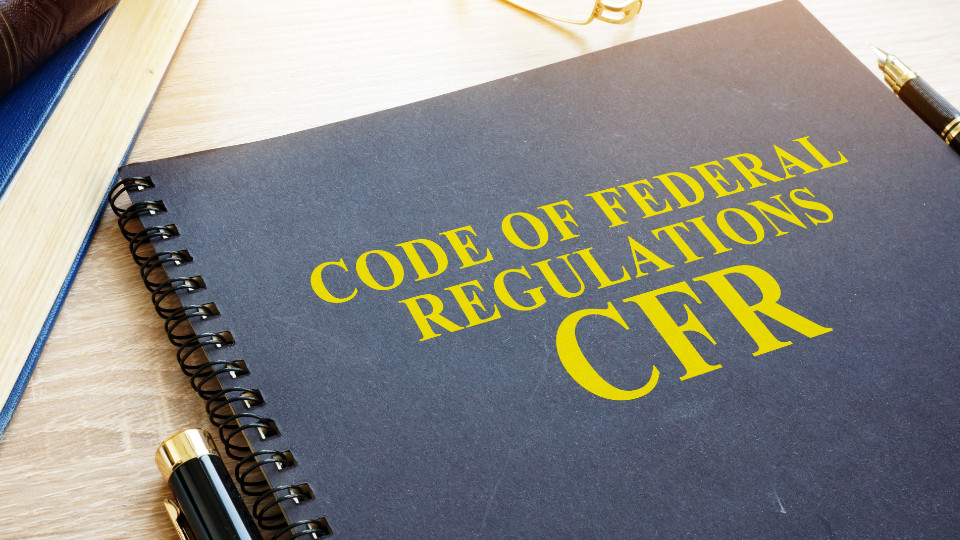Among plaintiffs whose races are known and when adjusted for student population, black students are four times as likely as white students to file lawsuits alleging their rights were violated in higher ed Title IX disciplinary proceedings. This data, sourced from lawsuits in our Title IX Lawsuits Database, is based on Title IX For All’s recent research analyzing plaintiff demographic data from the ~650 lawsuits filed against higher-ed institutions since 2011.
This data confirms what many have long suspected: that students of color are significantly more likely to be impacted by higher ed Title IX proceedings. While a sizable portion of plaintiffs are of unknown race, we see no reason to suspect this would disconfirm the basic issue of proportionality.
Please see this attachment for a PDF of the race/sex breakdown of plaintiffs in lawsuits by accused students based on our analysis. The data reveals that when the race of the plaintiff is known, white and black students file lawsuits in fairly even numbers overall. According to the National Center for Education Statistics, however, white students outnumber black students four to one. If they file lawsuits in even numbers, this means that black students are four times as likely as white students to file a lawsuit when adjusted for student population.
These findings come at a time when public officials who have long regarded themselves as champions of civil rights for minorities suspected or accused of crimes advocate a heightened awareness of their rights while simultaneously working to undermine their rights in higher ed settings.
As always, Title IX for All advocates that the rights to due process and freedom from discrimination are fundamental rights for all people and do not stop at the campus property line. Public officials should be consistent with their values and acknowledge that these rights are not in conflict with one another; on the contrary, they are part of the same mission of equal rights for all.
Thank You for Reading
If you like what you have read, feel free to sign up for our newsletter here:
About the Author
Related Posts
Among plaintiffs whose races are known and when adjusted for student population, black students are four times as likely as white students to file lawsuits alleging their rights were violated in higher ed Title IX disciplinary proceedings. This data, sourced from lawsuits in our Title IX Lawsuits Database, is based on Title IX For All’s recent research analyzing plaintiff demographic data from the ~650 lawsuits filed against higher-ed institutions since 2011.
This data confirms what many have long suspected: that students of color are significantly more likely to be impacted by higher ed Title IX proceedings. While a sizable portion of plaintiffs are of unknown race, we see no reason to suspect this would disconfirm the basic issue of proportionality.
Please see this attachment for a PDF of the race/sex breakdown of plaintiffs in lawsuits by accused students based on our analysis. The data reveals that when the race of the plaintiff is known, white and black students file lawsuits in fairly even numbers overall. According to the National Center for Education Statistics, however, white students outnumber black students four to one. If they file lawsuits in even numbers, this means that black students are four times as likely as white students to file a lawsuit when adjusted for student population.
These findings come at a time when public officials who have long regarded themselves as champions of civil rights for minorities suspected or accused of crimes advocate a heightened awareness of their rights while simultaneously working to undermine their rights in higher ed settings.
As always, Title IX for All advocates that the rights to due process and freedom from discrimination are fundamental rights for all people and do not stop at the campus property line. Public officials should be consistent with their values and acknowledge that these rights are not in conflict with one another; on the contrary, they are part of the same mission of equal rights for all.
Thank You for Reading
If you like what you have read, feel free to sign up for our newsletter here:
About the Author
Related Posts
More from Title IX for All
Accused Students Database
Research due process and similar lawsuits by students accused of Title IX violations (sexual assault, harassment, dating violence, stalking, etc.) in higher education.
OCR Resolutions Database
Research resolved Title IX investigations of K-12 and postsecondary institutions by the Department of Education’s Office for Civil Rights (OCR).
Attorneys Directory
A basic directory for looking up Title IX attorneys, most of whom have represented parties in litigation by accused students.






